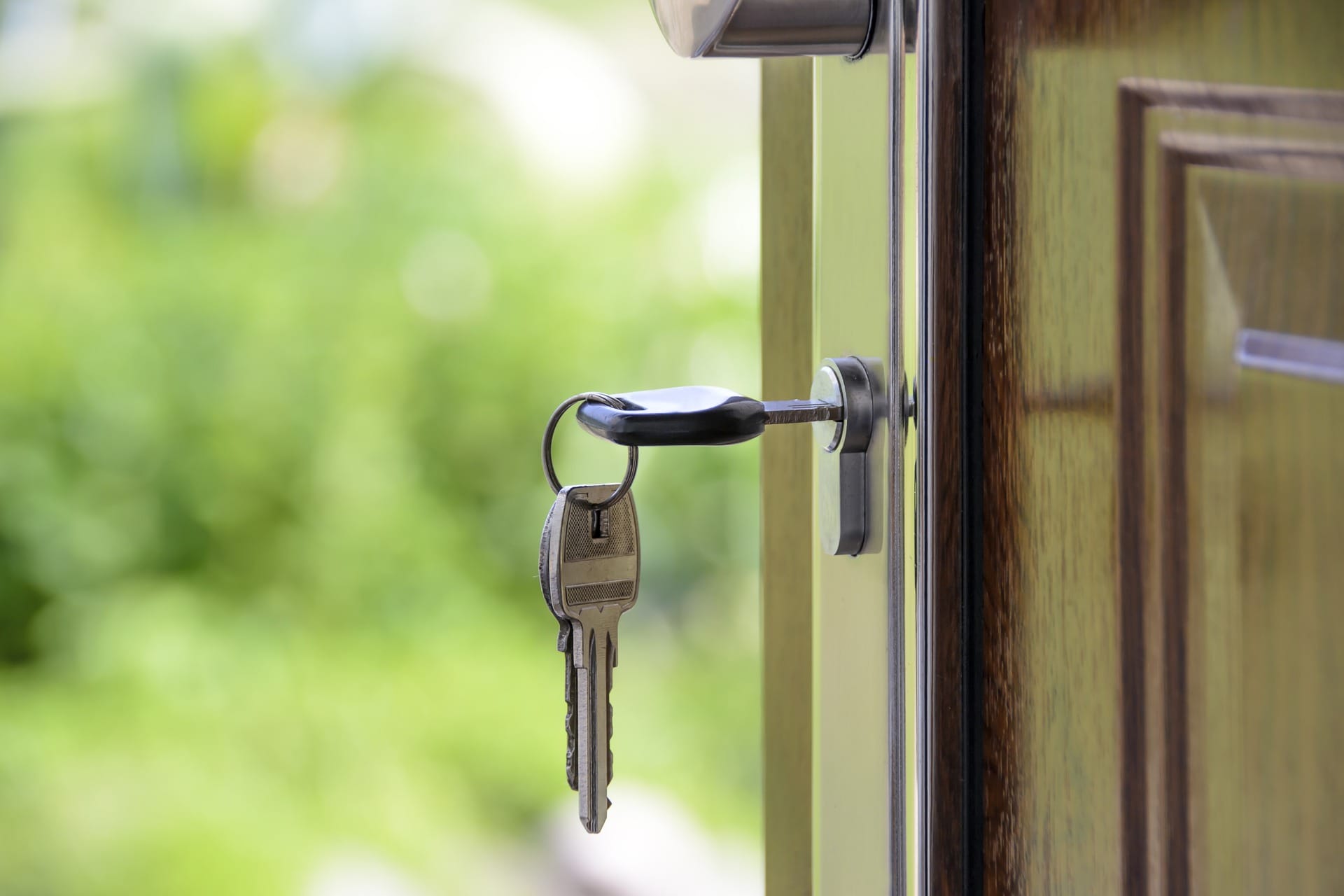What does a Locksmith do?

20 March 2023 · Last updated on 20 March 2023
A locksmith is a professional lockmaster with hands-on expertise to repair, install and adjust different models of locks and keys. Their work is not limited to just fixing new locks or repairing old ones. A locksmith can handle smart security devices and adjust and fix the lock on your car. They are also capable of designing duplicate keys for locks whose keys are broken or lost. In addition to lock repair and installation, a locksmith can also:
-
Produce duplicate keys
-
Remove stuck keys
-
Install locks on windows, doors and security safes
-
Provide smart access control systems
-
Unlock your car
-
Attend an issue 24/7
-
undefined
Why would I need to replace a lock?
Maybe you have lost your keys or perhaps a lock has a mechanical fault due to frequent usage? When moving home the first thing to ensure security and piece of mind is to replace all locks on doors, windows and sheds. New technology - maybe you would like to upgrade your current system to a smart home fitout?
Content on this site, including cost guides and industry articles, is for general information only and may not reflect current conditions. Localsearch does not provide professional advice and makes no guarantees on accuracy or completeness. Costs are estimates and may vary considerably. Users should not rely solely on this information for making decisions. We strongly recommend consulting qualified professionals before acting on any information provided. Localsearch accepts no liability under Australian law for any loss or damage arising from reliance on this information.








